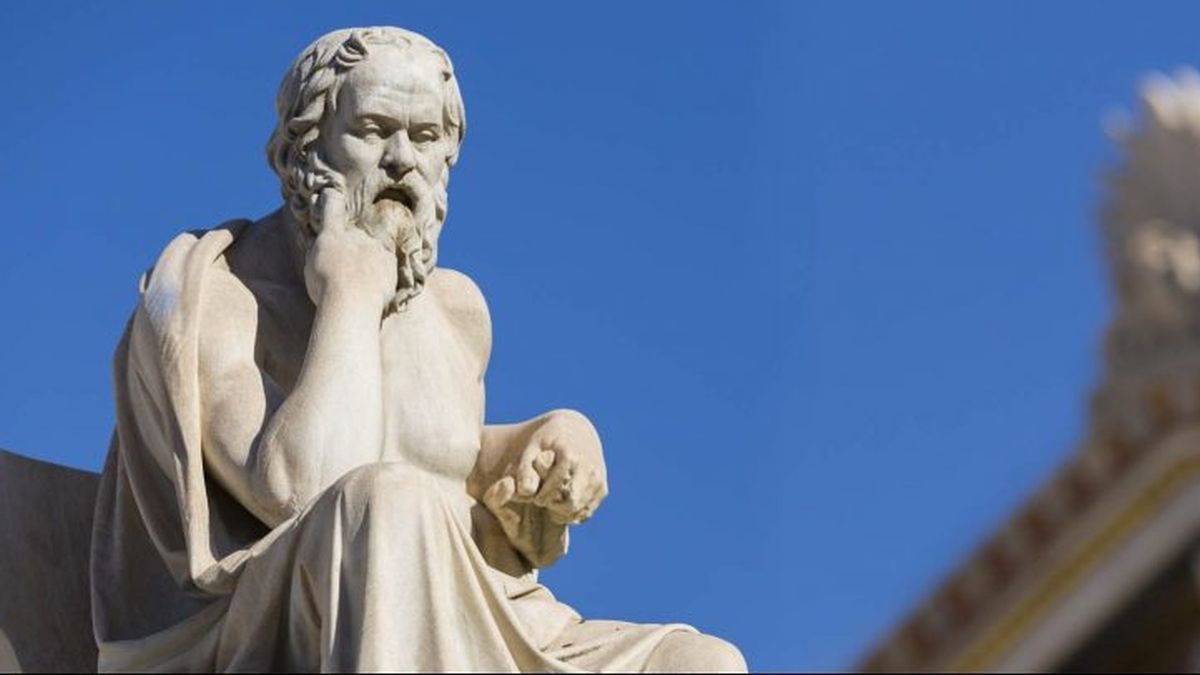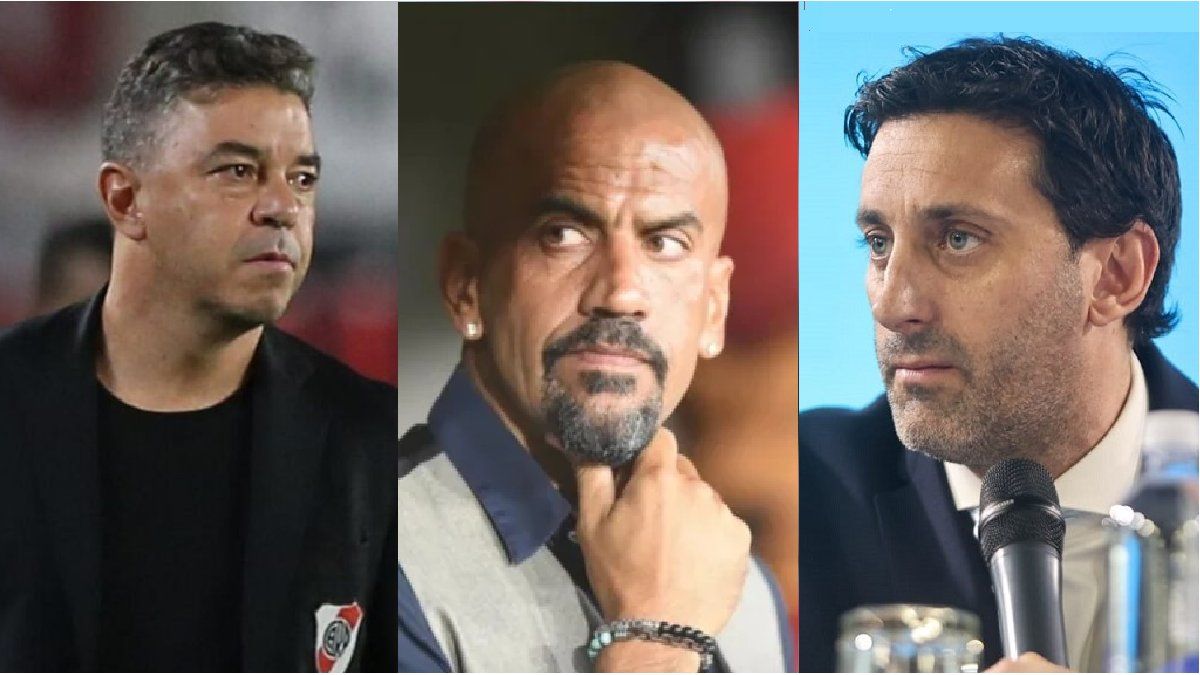The motto is “Save for the program and not on the program,” announced ORF program director Stefanie Groiss-Horowitz at a press conference on Tuesday. The appearance of ORF 2 should be further developed in the direction of information and service, while ORF 1 wants to increase the proportion of self-produced and Austrian programs.
15 million euros more than the estimated budget was set aside for the program. “Saving for the program means saving for the structure,” says Groiss-Horowitz. Workflows are optimized within ORF and synergies are leveraged in order to invest specifically in in-house productions. New productions do not replace existing formats, but are added, explained ORF 2 channel manager Alexander Hofer. He emphasized that many things will remain the same on ORF 2. “In times of various crises, the ORF is the anchor station where you can get information, background information and service,” says Hofer. But some things continue to be shot “without disturbing the loyal audience”.
New look for “ZiB” shows
All “ZiB” programs as well as “Aktuell nach eins” and “Aktuell nach Fünf” will have a new look by the end of the year. Because a new automated studio goes into operation in the multimedia newsroom on Küniglberg. This enables “new perspectives on the course” of the “ZiBs” and promises a visual relaunch.
To increase health awareness, ORF moderator and doctor Christine Reiler will be dedicating herself to a health topic four times a year in addition to the weekly magazine “Bewusst Gesund” in a 50-minute series of reports called “Health in Austria” on ORF 2. For the first time, a production from the Vienna Volksoper (“Jolanthe and the Nutcracker”) will be shown in the program of the country’s widest-reach broadcaster. With “Celebrate like the gods”, ORF 2 also takes a closer look at various religious festivals and rites. Cabaret artist Rudi Roubinek tries his hand at fasting or accompanies a rabbi to the Feast of Tabernacles. In the new series “Mister Musical” (working title), Alfons Haider presents Austria’s greatest musical successes, while formats such as “Places of Childhood” and “Weites Land” are continued and long-running favorites such as “Love Stories and Marriage Matters” also in the coming year year to find a sequel.
“All power to the core zone”
For ORF 1, Groiss-Horowitz issued the motto: “All power to the core zone.” “We want to offer dense, reliable, self-produced programming in prime time, in the evening before and in late prime,” says the program director. More is being invested in Austrian programming and the aim is also to offer orientation to younger audiences.
The days of broadcasting on ORF 1 should increasingly focus on certain categories. Monday is reserved for Austrian series and co-productions – unless the program is cleared for the upcoming World Cup in Qatar. Groiss-Horowitz specifically highlighted the recently launched series Blackout, the upcoming series Days That Didn’t Exist, and Totenfrau. There will probably also be a reunion this year as part of two 45-minute specials with “Weber und Breitfuss” – 20 years after the last “MA 2412” flap.
Tuesday is dedicated to crime programs such as “Soko Linz”, “Soko Donau” or “Schnell determined”. “We are also working on one or the other new series,” said the ORF program director. Wednesday is the day of journalistic classification and documentation. In addition to the tried and tested “Dok1”, “Brennpunkt Österreich” was recently launched.
Thursday as a sports day
Thursday is sports day on ORF 1, which also focuses more on international series. Entertainment is the order of the day on Friday. “All Fridays are fully financed with our own program,” says Groiss-Horowitz. You can see the new entertainment show “Comedy Challenge”, another round of “Dancing Stars” and a new music show, but no details have yet been revealed. However, it does not replace “Starmania”. “We are planning an autumn event and will first decide what it will be,” she left the future of the revitalized singing talent show open. Saturday is family day with shows like “Wetten, dass…?” or “Big vs. Small,” while Sunday night is reserved for blockbusters and major US premieres.
The “Tuesday night”, where “Welcome Austria” can currently be seen, should be expanded with “two to three new offers in the new year”. “We don’t want to lose the more pointed, oblique formats,” says Groiss-Horowitz. The children’s program includes “Mega Moment”, a children’s and young people’s magazine that accompanies the kids’ pop band Young Republic on their way to their first big concert, and the “Bakabu” language support program.
“Topos” in the digital realm
A new 40-part documentary project called “Via Austriae” will start on ORF III in spring 2023, which is intended to cover the entire history of the country – from the beginnings of Ostarrichi to the present – and to illuminate connections. Around the anniversary of the suppression of parliament in March 1933, the cultural and information broadcaster sheds light on the corporate state era with the new films “Austria’s Path to Dictatorship” and “The Years of Dictatorship in Austria”.
After the recently launched “Sound” module, originally planned for the ORF player, “Topos” will start in the digital sector in mid-November. It brings together the areas of culture, religion, science and society. All contributions should be available online for more than seven days, which the ORF is legally prohibited from doing with other digital offers. To start with, contemporary Austrian history from 1918 to 2022 will be processed as part of the docu-fiction format “The Double Woman”. “Archives of Writing” are intended to provide a stage for the young Austrian literary scene, and the 31-part multimedia project “Straussmania” in December is intended to deal with the vanished scenes of 19th-century popular culture.
Source: Nachrichten




